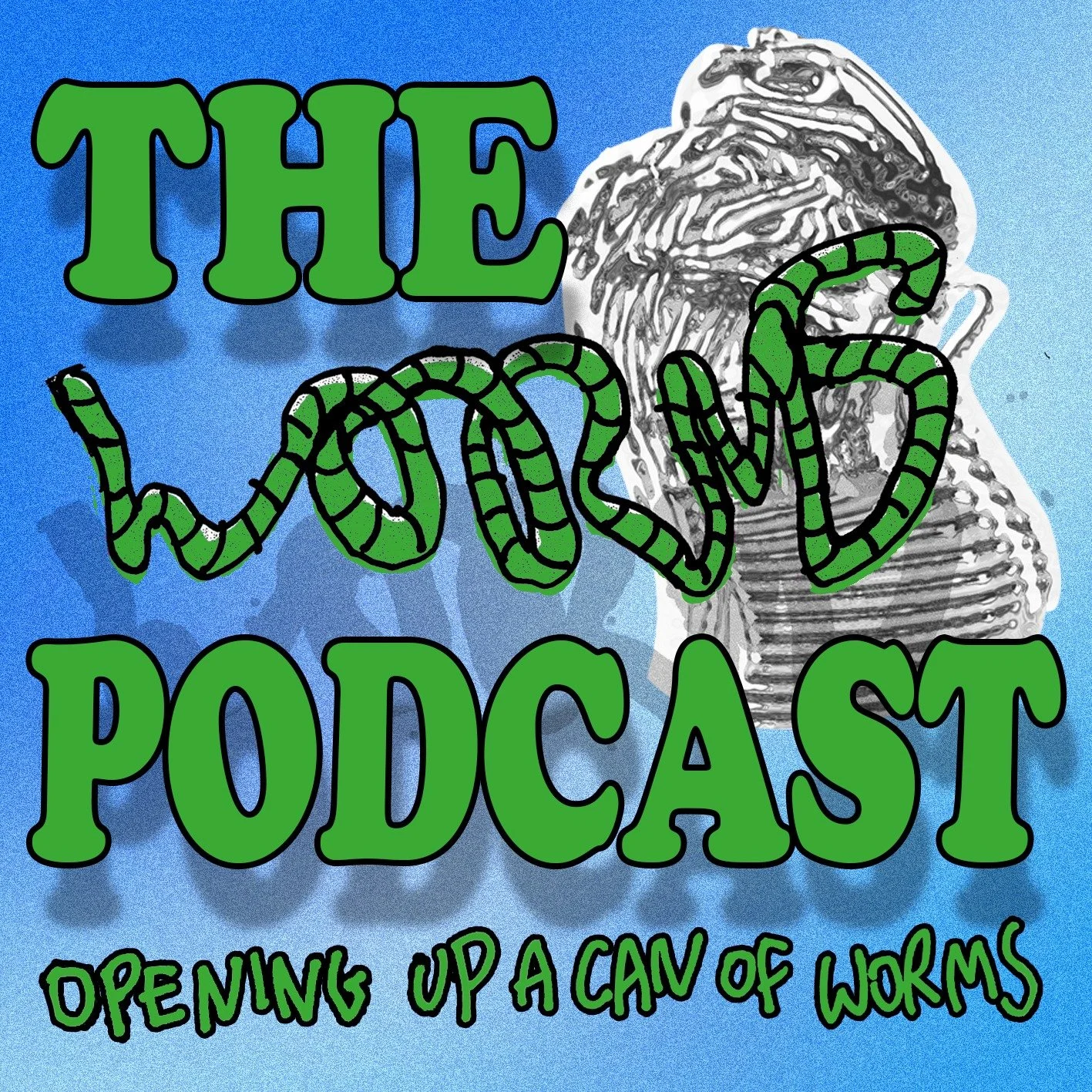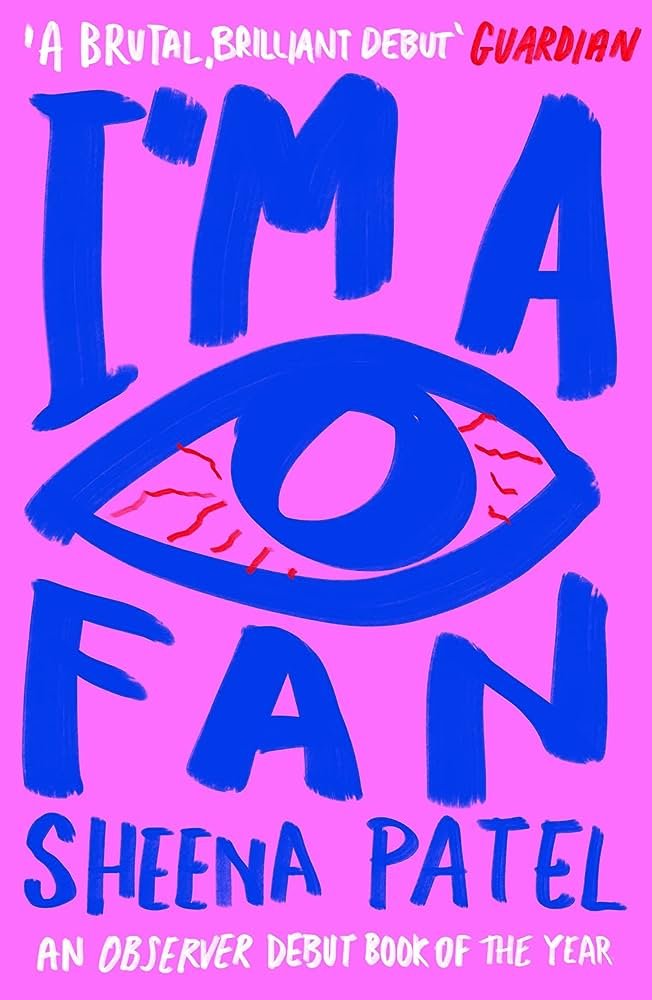Fangirling and Facing the Shadow Self: Opening Up a Can of Worms with Sheena Patel
For me, teenage kicks were often vicarious – too shy to rebel, I was fascinated by the older, cooler girls in my orbit whose stories touched my safe, little life. Within minutes of listening to Sheena Patel on ‘Opening Up a Can of Worms’ I’m transported back to those years of gossipy girly chats in friends’ bedrooms and (I suspect) the listener is, too. The tone is intimate, humorous and knowing, as celebrated writer and poet Sheena (now mid-thirties) reflects on lessons learned and her own self-development. More than just a cool friend, Sheena is the aspirational big sister, the one who escaped her ‘protective’ family home in North West London and (our host announces breathlessly) can now fill a whole window of Foyles bookshop with copies of her novel I’m a Fan. What young girl wouldn’t yearn for her approval and attention?
As an unknown author she had nothing to lose; now everything has changed.
Certainly, Sheena’s done that brand of confidence so like seduction – as is her claim that there is ‘no part of me I don’t like.’ However, further discussion proves that hasn’t always been the case. There have been periods in therapy, struggles with anxiety and, in her twenties, she admits she was a slave to her emotions. Unavailable love – a theme in ‘I’m a Fan’ – clearly resonates; she is fascinated by the concept of ‘genius’ men whose powerful position allows them to treat women badly. This free pass clearly rankles with the grown-up Sheena, yet I detect some admiration for their bad behaviour still. Has the big sister really matured as much as she would have us believe?
This inner conflict is integral to Carl Jung’s work – someone Sheena cites as being influential. She is particularly struck by his interest in fairy tales and storytelling, along with his concept of the ‘shadow self.’ There is a contradictory force within her, driving creativity but also self-doubt. The excess of ego is something to be battled with; Sheena simplifies this in a relatable (dare I say teenage?) way, suggesting drug use as a way to experience ego death.
Contradictions exist in her writing process, too. Sheena’s overarching need to ‘eliminate the white page’ suggests a frenzied, unruly approach to her work; however she also takes great pleasure in the editing process, which creates ‘the shape of the thing’ in its finished form. Her two favourite books – Motherhood (2018) and Minor Feelings (2020) – are equally revealing in terms of inner conflict. In Motherhood, Sheila Heti taps into Sheena’s growing unease about bringing a child into a world which (in Sheena’s words) is frightening and without hope. Cathy Park Hong’s Minor Feelings addresses the challenges faced by second-generation immigrants – a subject so close to home that it makes her feel sick.
These tensions within Sheena and her writing are alluring – as the success of I’m a Fan shows. She herself wonders if the diary-style narrative of the novel is too ‘teenage girl’ and feels the weight of expectation for future work a strain. As an unknown author she had nothing to lose; now everything has changed. In a sweet moment of fangirling herself, she admits to addressing this with the author Ali Smith, who dishes out her own sage advice. By the end of the interview I am less in awe but more interested in Sheena Patel. I sense there is still an anxious, angst ridden teenager residing within her – and my fifteen year old self would have loved to be her friend.
Clair Humphries is a freelance writer with a keen interest in social history. She has edited scripts for multimedia company ATS Heritage, written guides for Ordnance Survey and contributed to a range of magazines, websites and apps. She is always happiest in a library, eavesdropping on conversations and imagining the secret lives of those around her.


